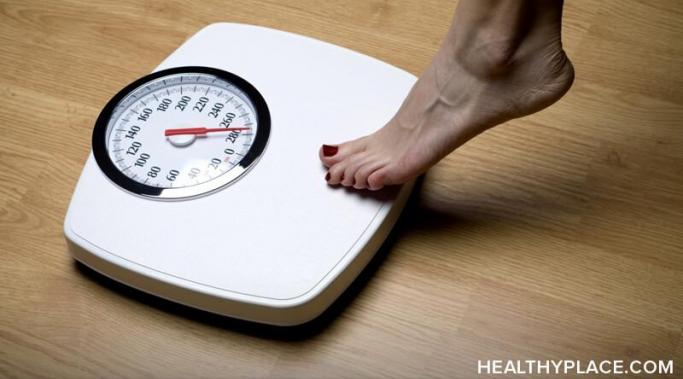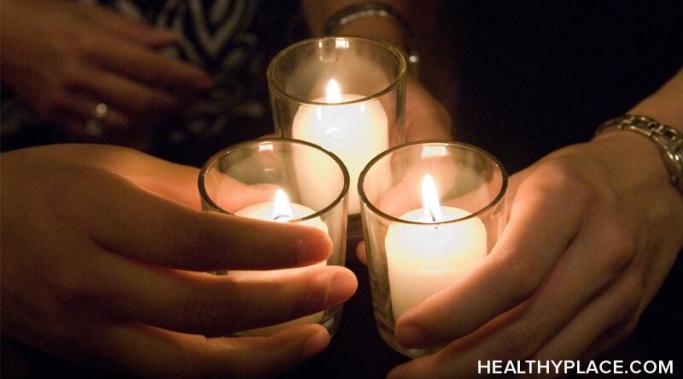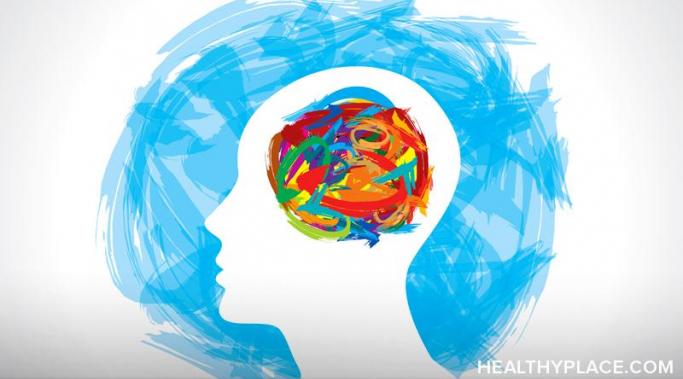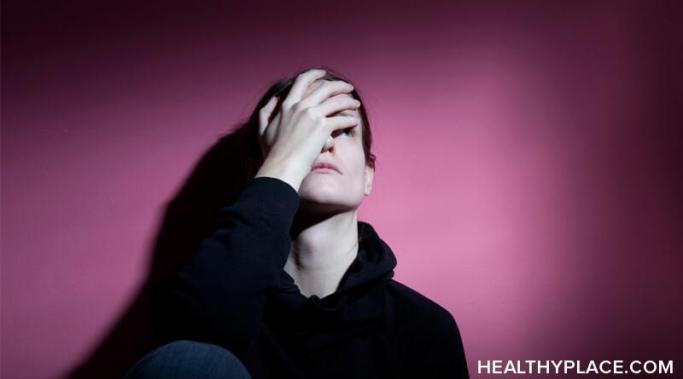Blogs
I have learned so many important lessons and revelations in the course of my interminable healing from anorexia, but one stands out above the others: I cannot take a day off from eating disorder (ED) recovery. Sometimes I want to, of course. Sometimes I'm convinced that enough time has passed since my life was at risk—or I have enough experience and self-awareness at this point—to ease off the accelerator and simply coast for a while. But I really can't take a day off from ED recovery.
Last time, I wrote about setting goals and using tasks to focus on to help channel my anxiety. But what happens when things get less busy in my life, and it is time to relax? How do I relax when you're anxious?
I live alone with bipolar disorder, and recently, someone asked me how I do it. I have rarely thought about such a thing as we all just work with the life with have, but let's talk about how I survive as a person living alone with bipolar disorder.
How often have you heard people say or imply that suicide is selfish? Well, if you are a netizen like me or have lost a loved one to suicide, I am sure you have been exposed to this line one time too many. Not only is this statement hurtful, but it is also completely untrue. I want to be clear: #suicideisnotselfish. (Note: This post contains a trigger warning.)
Most of us have "open to criticism" on our resumes. But truth be told, receiving criticism, especially if it is negative, is not one of our best moments. Criticism can hurt our self-esteem if we're not careful.
As my school year draws to a close, the notion of letting go is front and center on my mind. May is always a poignant month for a teacher, but this May has been particularly heavy as I prepare to leave the world of education behind and embark on a new career path. I will miss my students dearly and the person I have become under their tutelage, but as we march toward the last day of school, I am more and more ready to let go of who I have been in order to make space for who I will be.
While doing a few mental health presentations recently, I was surprised that not everyone knew that hallucinations could originate from any of the five senses (taste, touch, sight, sound, smell). There are many different types of hallucinations. I have experienced hallucinations from every one of my senses except maybe taste (gustatory). My most common hallucinations are olfactory (smell). I frequently smell chemicals or something burning when there is no source for either one of those things.
Though our society has come a long way in the perception of mental illness, stigmas around this topic are still alive and well. Stigma can be blatant or subtle; sometimes, it’s as small as an individual word or phrase. Here are some tips for choosing the right words and using language to fight mental illness stigma.
Most of us are familiar with imposter syndrome. We tend to feel like we are not good enough, even in areas where we typically excel, and end up sabotaging many aspects of our life, including relationships and professional development.
For Mother's Day, I asked my mom what my post this week should be about. She loves to give advice, and I figured a fresh perspective would brighten my writing. When she immediately suggested I write about gardening, I decided to run with "planting happiness."









